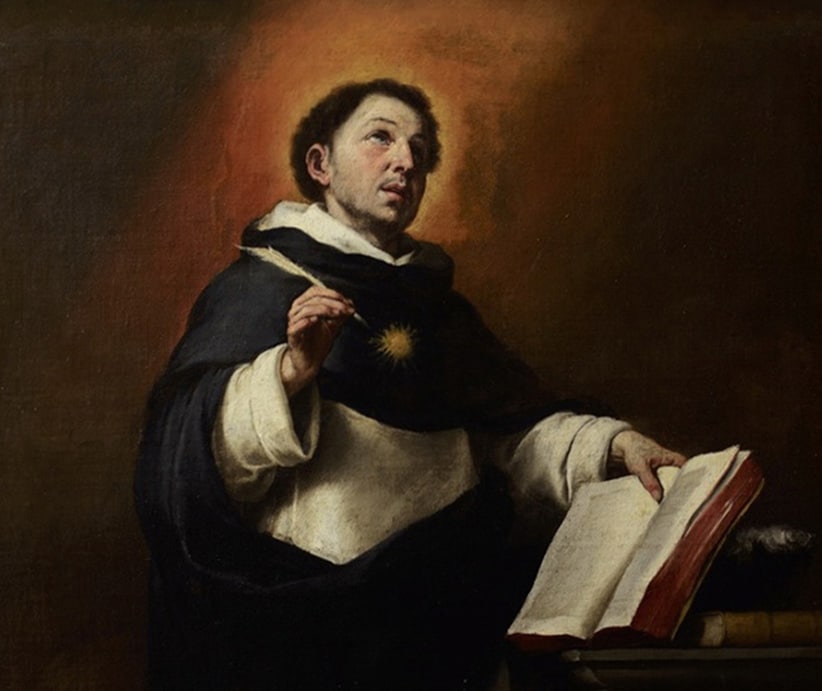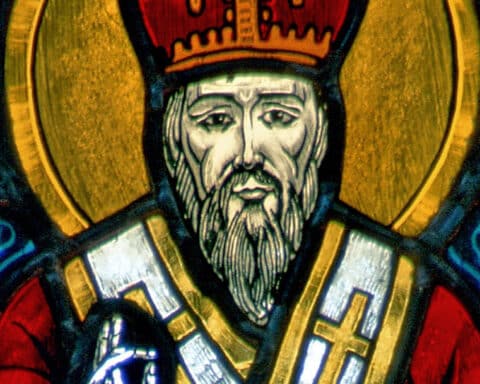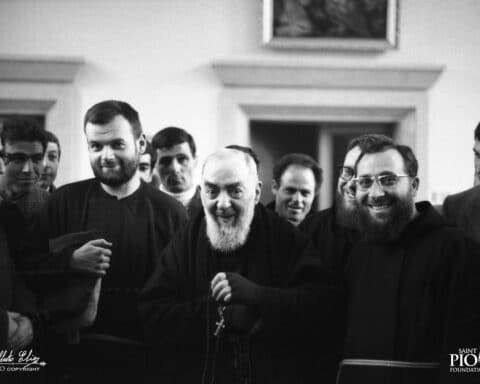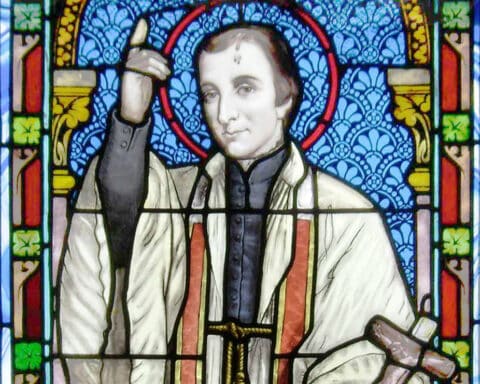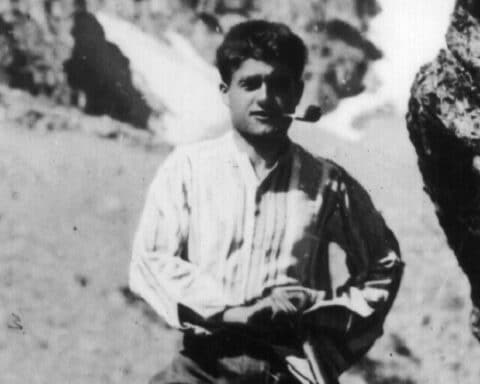I was introduced to St. Thomas Aquinas at my Catholic high school. I learned the five proofs for the existence of God in a course called “Great Catholic Thinkers.” (In that same class, I read a chapter of G.K. Chesterton’s “Orthodoxy,” which was similarly transformative, but that’s for another time). And so it was that I met the brilliant medieval Dominican philosopher-theologian. Little did I know then how important that first introduction would be in my life.
In college, I met St. Thomas again. A Dominican friar, a legendary professor of philosophy named Father A.C. Fabian, taught me Aristotle and Aquinas. These two “buddy boys,” as my beloved teacher called them, shaped how I thought about the world.
Then, owing in no small part to his influence, I joined Aquinas’ own religious order, the Order of Preachers, colloquially known as the Dominicans (after St. Dominic, the order’s founder).
All of that is to say: Here we are in 2023, celebrating the 700th anniversary of the canonization of St. Thomas (on July 18), the 750th anniversary of the great saint’s death (March 7, 2024) and the 800th anniversary of his birth (2025). Why all the celebration?
Why he still matters today
It isn’t merely that St. Thomas Aquinas was the most ingenious theological mind to have ever lived (I know, some of you out there are fans of Augustine or Bonaventure … you can be forgiven such errors). The reason to fête St. Thomas is because of the radical quality of his holiness.
I don’t think it’s a coincidence that these anniversaries are occuring while the Church in the United States has embarked upon the National Eucharistic Revival. St. Thomas understood and loved the Eucharist better than any other person in history (except for the Virgin Mary, naturally … well, technically, supernaturally). His convergence of knowledge and love gave rise to the beautiful prayer poems he authored that we still sing at Benediction today.
At this point, you’ve decided that this little column is a gushing stream of Thomist tribalism, propagandizing a love for Dominican things. And you’re not entirely mistaken. But St. Thomas matters today, possibly more than ever.
Why? Because he brings clarity and serenity to discourse so often marred by clouds and chaos. St. Thomas is often dismissed because he seems too dispassionate or analytical. And yet, in an age when conversations about theological matters are so often reduced to feelings or opinions, a little more scientific sobriety is undoubtedly part of the answer.
A measured approach
Therein lies the genius of studying St. Thomas. It’s not that he wrote about every conceivable theological question that would ever come about. He did not, for example, include a question on artificial intelligence in his Summa Theologiae. But his method of thought, examining the best arguments for a particular position and then challenging and probing those arguments, is invaluable and highlights eternal principles. That’s what makes the study of St. Thomas especially rich.
The big conversations of our day are filled with existential questions marked by a search for identity. St. Thomas’ measured and thorough approach unequivocally defends the inherent desire for transcendence that lies within every human heart. His thought allows us to gain a richer understanding of our own purpose and the ultimate source of fulfillment in our lives.
St. Thomas is neither pithy nor especially accessible, but he’s what we need. His approach is sapiential, not consumed by the fleeting debates of his time but grounded in timeless truth. His serene, contemplative approach is a powerful antidote to social media exchanges and 24-hour news soundbites.
And ultimately, his work is so needed, because his work is not about St. Thomas Aquinas at all; his work is squarely, singularly about God.
And thinking more clearly about God is something we all need.

